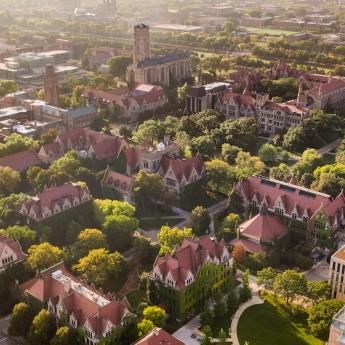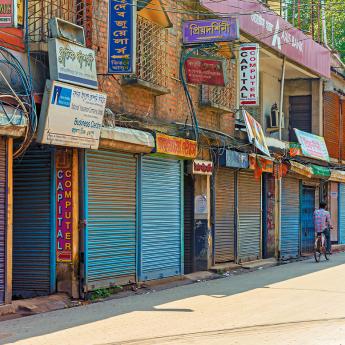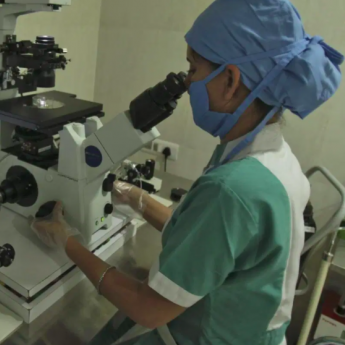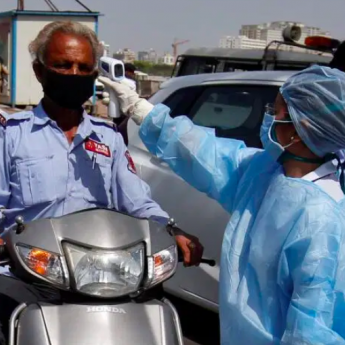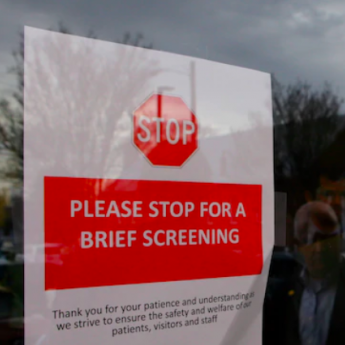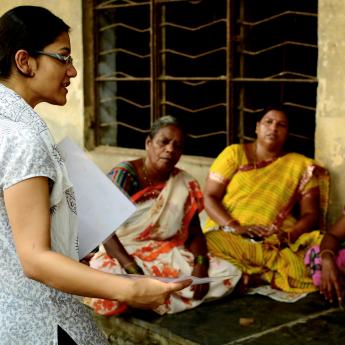Anup Malani
https://www.law.uchicago.edu/faculty/malani
Anup Malani conducts research in law and economics, health economics and development economics. His law and economics research focuses on judicial behavior, measuring the welfare impact of laws, and, recently legal implications of blockchain. His health economics research focuses on the value of medical innovation and health care insurance, control of infectious diseases, placebo effects, and conflicts of interest in medicine. Malani’s development economics work focuses on health care supply and financing in India and the growth of and quality of life in urban slums.
He is the principal investigator on the Indian Health Insurance Experiment, an 11,000 household randomized controlled trial of health insurance in Karnataka, India, and on a large-scale impact evaluation of Mission Kakatiya, a major effort to expand rainfall capture as means of irrigation in Telangana, India. Malani is conducting ethnographic research for a book on the economics of urban slums in India. His work has been funded by a range of organizations, including USAID, DFID, the Gates Foundation, Tata Trusts and the Michael and Susan Dell Foundation. He is the co-founder and faculty director of the International Innovation Corps, a social service program that sends teams of University of Chicago and foreign university graduates to work on innovative development projects with government officials in India and Brazil. He is also a university scholar at Resources for the Future in Washington, a research associate at the National Bureau of Economic Research in Boston, a senior fellow at the Schaeffer Center at the University of Southern California, and an editor at the Journal of Law and Economics.
